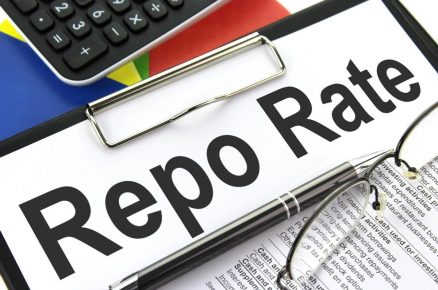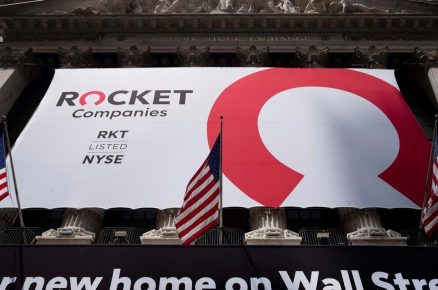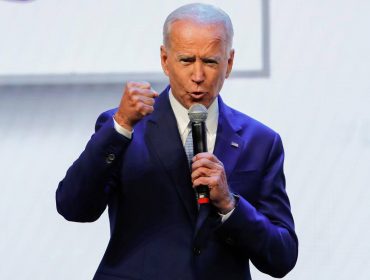Small companies are the lifeblood of the American economy: They employ 47% of the U.S. labor force and, in normal years, account for 2 thirds of new tasks.
A global pandemic and social distancing orders have implied the past 12 months have been anything but normal for these organizations. The Kauffman Foundation estimates a quarter has closed at least briefly, and a current Census Bureau study found that 53% of all small company owners do not expect to go back to pre-Covid levels of activity for at least 6 months.
The statistics are grim, however through entrepreneurial durability and a cadre of supporters raising cash and helping to distribute funding to organizations in need, little companies are making it through. Therefore, as part of our regular segment on Early morning Joe highlighting females over the age of 50 who are altering the world, Forbes and “Know Your Value” want to shine a light on the females who are assisting to secure the country’s small businesses. They are:
Jovita Carranza, 71: Up Until January, Carranza served as the head of the Small company Administration, and was therefore likewise the highest-ranking Latina in President Trump’s cabinet. When she was sworn into the position in January 2020, it was not her first stint at the firm– she was the SBA deputy administrator under President George W. Bush– but it was, arguably, the most essential time in history to help the company. Under Carranza’s assistance last year, the SBA supplied small companies with some $700 billion in relief throughout the Paycheck Protection Program and disaster loan program; 70% of the PPP loans it distributed went to services with fewer than 10 staff members.
“In the 67-year history of the SBA, we had never gone through this administrative processing,” she informed Forbes in September.
Before signing up with the SBA (for the very first time) in 2006, Carranza had a three-decade profession at UPS. She began dealing with its loading docks, in a part-time night-shift gig handling boxes. She gradually worked her method up the organization, ultimately culminating as the president of UPS’ Latin America and Caribbean departments. In 2017, Trump appointed her to be the Treasurer of the U.S., a function that made her a primary consultant to Secretary Steve Mnuchin.
“I began working at the age of 12,” Carranza says, referencing a task cleaning the shelves of a regional mom-and-pop shop in her Chicago hometown, “so little organizations have been essential in my upbringing and lifestyle.”
Lisa Mensah, 59: The child of a Ghanian immigrant and an Iowa farm worker, Mensah’s very first task was as a strawberry picker on different farms in her native Oregon. It’s an origin story that explains much of her career, which has taken her from business loaning at Citibank to working as the undersecretary for rural advancement in the U.S. Department of Farming, where she managed a $215 billion loan portfolio. She has been the president and CEO of the Chance Financing Network (OFN), the country’s leading network of community advancement banks (CDFIs), given that 2017.
At the onset of the pandemic, Mensah was quick to act: In March, she led an OFN partnership with Google to release a $ 125 million relief fund. In November, Mensah likewise announced a $1 billion Finance Justice Fund, a socially accountable fund aimed at decreasing racial injustice and hardship in the U.S.
“There’s a proverb from Ghana that my dad constantly shared,” Mensah has said. “‘ Money scattered in a dark place brings to light.’ I’ve always been drawn into bringing that kind of light.”
Suzanne Clark, 53: In February, Clark was called as the next CEO of the U.S. Chamber of Commerce, which is the world’s biggest service federation (it represents more than 3 million organizations). When she officially takes over the role on March 11, she will be the first lady to lead the company in its 1o9-year history.









